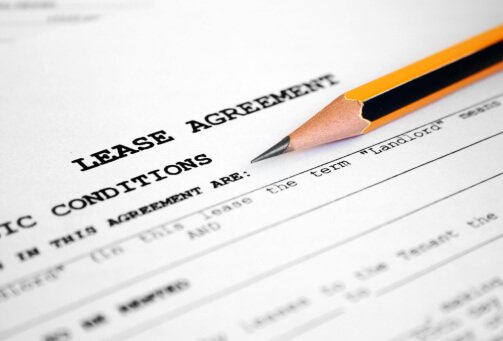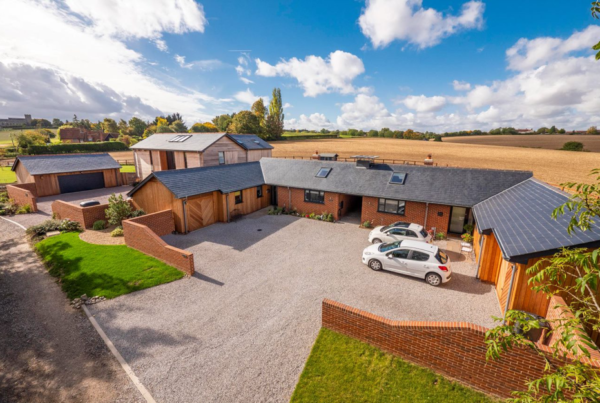Ground rent explained
The ground rent is the monthly fee that a homeowner pays to the holder of the leasehold property. So if the property you are living in has a leasehold, you can expect to pay a ground rent every month for essentially living on that land.
This is different to if you are freehold, because them you essentially own the land. But you are required to pay ground rent even if you have a mortgage and own the property.
How much ground rent will I need to pay?
The exact amount you need to pay will be specified in your lease, but you can expect this to be around £370 per year. In the majority of cases, ground rent is an amount of money paid either in one instalment or can be asked for on a quarterly or half-yearly basis.
If there is more than one leaseholder, then regardless of whether or not they own the property as tenants in common or joint tenants, every leaseholder has the responsibility to pay the ground rent.
Any details regarding your responsibilities to your freeholders, such as ground rent or other potential liabilities are detailed in the lease. To make sure you are fully aware of the responsibilities you have and to avoid problems at a later date, it is important that you make sure you have the asked a leasehold qualified solicitor to look over the lease before moving in.
How can I avoid ground rent increases?
Making sure you have taken on a qualified solicitor is one way to avoid the potential increase, or at least be aware of them and factor them into consideration when purchasing a house, as many buyers can get caught out, being unaware that it is possible for ground rent to potentially double every few years. This has become very hot in the media recently.
It is vitally important that you know about ground rent increases before trying to purchase a property or trying to gain access to development finance, as it could impact your ability to get a mortgage or other kinds of funding.
What is meant by fixed or escalating ground rent?
There are two different types of ground rent, and these are known as fixed and escalating.
Fixed means that the amount you will be required to pay will not change for the duration of the lease, whilst escalating ground rents mean it will increase over the course of the lease. Whether the ground rent is fixed or escalating will be confirmed in the lease.
What is a ground rent review?
A ground rent review is when the freeholder is looking to increase the ground rent. If a ground rent review is requested, then it mostly works in the way mentioned below:
- The freeholder informs the tenant that they would like to increase the ground rent, whilst stating what they want this rent to be. It is necessary for the lease to designate how long before the new rent will then become payable if the notice is served (for example 6 months or 12 months).
- The leaseholder can either agree to new rent or suggest a different offer.
- If the leaseholder and freeholder fail to make an agreement it will usually be passed onto an arbitrator that has been appointed by the Royal Institution of Chartered Surveyors (RICS).
When is the ground rent paid?
Unless it has otherwise been stated in your lease, this is usually paid at the end of the year or bi-annually.
What happens if you do not pay the ground rent?
There are two scenarios that may result in you not paying the ground rent. This is either because you cannot afford to pay the rent, or you have not been asked by the freeholder of the property to pay the ground rent.

If you cannot afford to pay ground rent and the freeholder demands it, it is possible for them to take legal action to settle the cost.
What do I do if the freeholder has not asked for the ground rent?
Unless your freeholder asks for the ground rent, it is not required for you to reach out and pay. This is because any demand for ground rent by the managing agent or freeholder needs to provide notice. This will need to include:
- The duration that the ground rent demand covers
- The name of leaseholder
- The name of freeholder and address
- Amount of ground rent required for a period
- Name of the managing agent if applicable
- When payment is required
Is it possible to reduce your ground rent?
Yes, there are two ways to decrease the amount of ground rent you pay. You can either extend the lease under the formal process or by collective enfranchisement.











